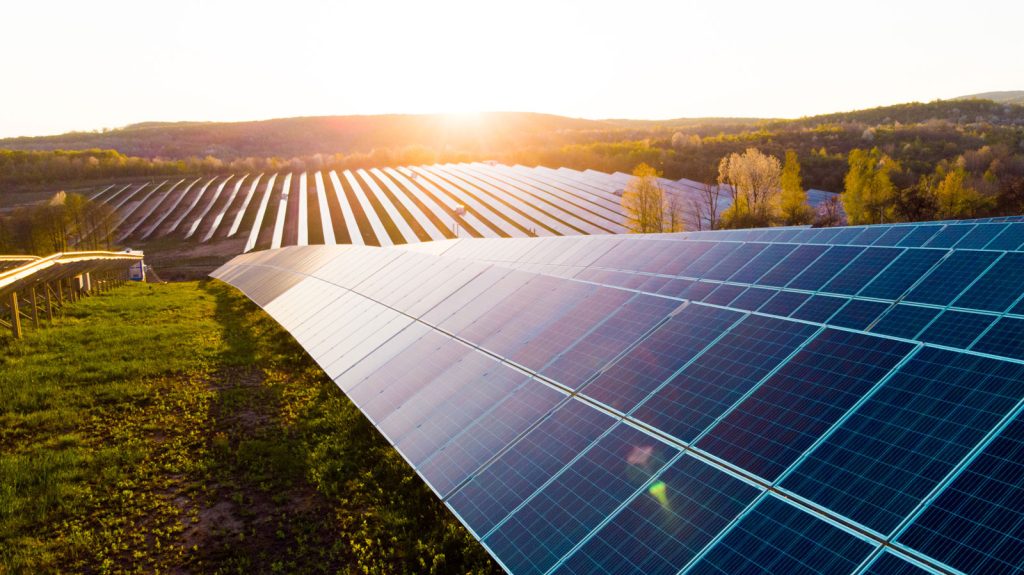In the world of sustainability, solar-powered solutions are quietly making their mark, shaping the future of bioenergy and conservation. There’s no denying the positive impact of harnessing the sun’s energy for cleaner power sources. Solar panels, with their photovoltaic cells, are changing the game. This shift is particularly promising for bioenergy, helping us move away from fossil fuels and their environmental drawbacks.
Take agriculture, for instance. Solar pumps and irrigation systems let farmers use the sun’s energy to water crops, reducing our reliance on fossil fuels and promoting sustainable farming practices. This not only helps the environment but also makes farming communities more resilient to the unpredictable effects of climate change.
Solar-powered bioenergy projects are also helping communities become self-sufficient in energy. This not only gives them more control over their resources but also supports economic development, especially in underserved areas.
On the conservation side, solar energy is playing a crucial role in reducing environmental harm. By providing an alternative to traditional energy sources that harm ecosystems, solar energy helps preserve biodiversity. The lower carbon emissions associated with solar power also contribute to fighting climate change, protecting ecosystems and wildlife in the process. Learn more about how we work with conservation, and solar.
In short, the future of bioenergy and conservation is getting a boost from the sun. Embracing solar-powered solutions isn’t just about cleaner energy; it’s about finding a balance between human development and environmental care.

